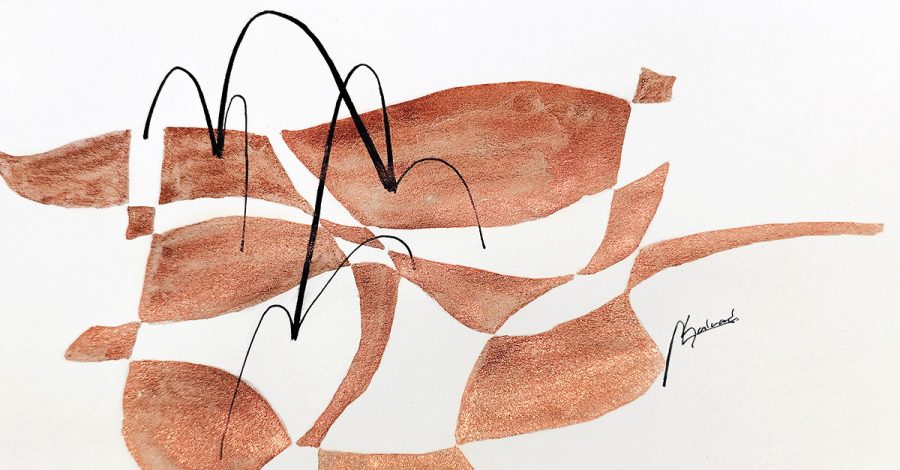Preliminary note: I’m not a great chess player, not even average… maybe mediocre, but I like playing. And I usually buy a book or two or three about the things I like to do; chess was no exception. This article is based on what I’ve read in those books, in one of them in particular.
When we think of chess (yes, the game) we think of strategy. We think of brilliant players, with a superior intellect, looking at a board and processing combinations of moves and countermoves at the pace of some dual core xhf top-notch 5000Ghz processor on steroids.
They look at the board and think: if I make this move, then she can make the other one and I would make that…; no, if I move this one, she can also move that other, and I would move yet another one…; no, if I move the other one first, she moves the one over there and I would make this play and… and so on. The GM (GrandMaster) thinks his moves ahead, he thinks about each combination up to 20 moves ahead in the game, he’s unstoppable!
But then we look at a chess match. Some chess genius comes into a hall with 25, 50 or even 604, which is the world record according to FIDE (the world chess federation). He starts at one end, looks at a board and makes a move; he moves to the next board and makes a move; then another board, another move… until he reaches the first board again, at which point the player there, having thought about the move while the GM went around the room, makes his move. The GM looks at the board and plays… and so on.
The GM takes less than a minute to analyse each move, each player thinks about their move for 15 minutes or more, and at the end, typically, the GM sweeps the room.
So, what is this magic? Could it be that in less than a minute the GM can analyse several possible moves and the following 10 for each one of them? Does his brain even beat dual core xhf top-notch 5000Ghz on steroids? Are they that brilliant?
Apparently not. Let’s be clear: they are brilliant, they just don’t analyse all the possible developments for each move.
So, doesn’t chess, the ultimate strategy game, involve planning, predicting and extrapolating into the future? No, it doesn’t. In reality, the reasoning process is much simpler. The decision-making process for a given move “simply” involves answering the following question: if I move this piece over there, will my position be better or worse than the current one?
Of course, answering that question is not easy, and that’s where the brilliant chess minds come in. But the point I want to make is not that it’s simple or easy to be a great chess player, I just want to emphasize that the process of analysis and decision is different from what we might think at first glance.
This is called positional chess – it is an incremental, step-by-step reasoning process, analysing the current position and the impact of the next move.
Here I’ll go into some of the lessons we can learn from positional chess for our decision-making processes and strategy.
Jaime Quintas
Illustration by Ana Salvado | All rights reserved.

